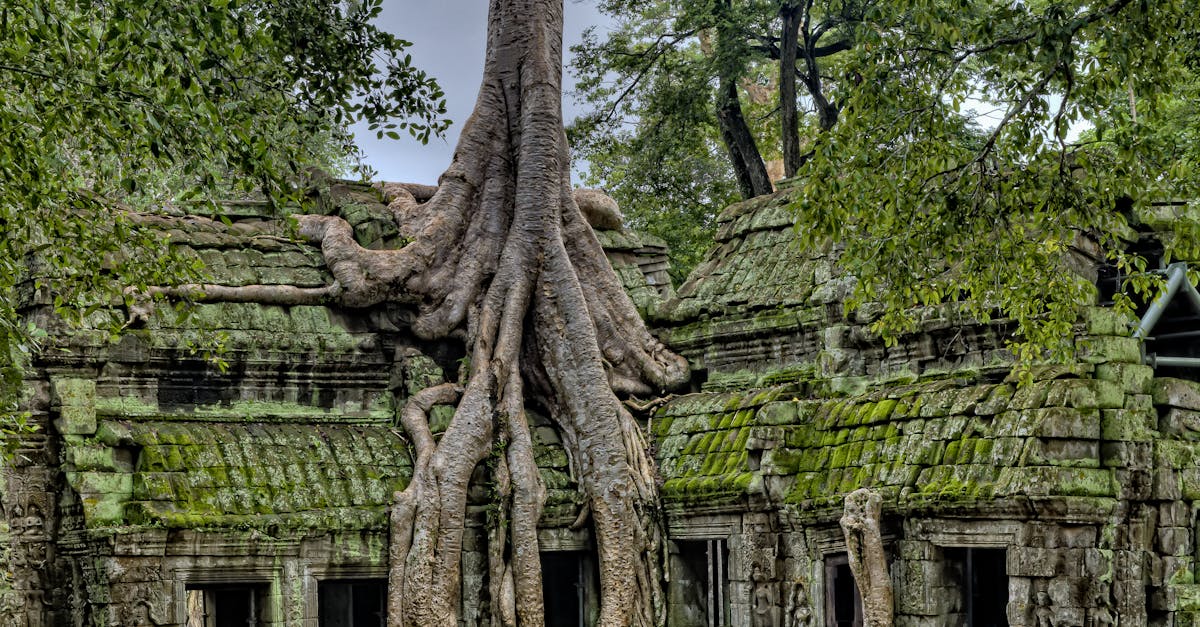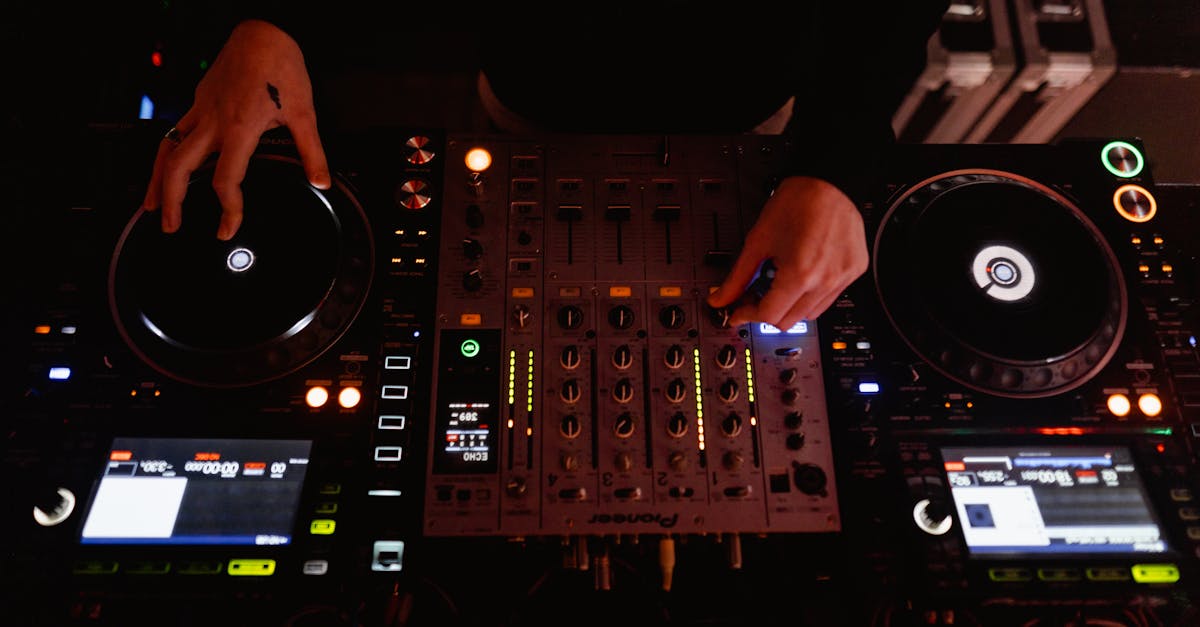World Music Odyssey Exploring Cultural Harmonies
Introduction
Music, a universal language, unites cultures and transcends borders. It speaks directly to the soul, evoking emotions and memories. Nowhere is this more evident than in world music, which celebrates the richness of musical traditions across continents. This harmonious blend showcases the history, culture, and creativity of diverse communities. Whether through African drums, Indian ragas, or Celtic tunes, world music reflects the global tapestry of human experience. This exploration of cultural harmonies offers a profound understanding of the world's musical heartbeat.
Advertisement
The Roots of World Music
World music traces its origins back to ancient civilizations, where early instruments and songs were intrinsic to spiritual and social life. Traditional melodies were passed orally from generation to generation, embedded with stories and heritage. In Africa, drums and chants form the backbone of both celebration and ritual. Meanwhile, in Asia, instruments like the sitar and bamboo flutes are revered for their spiritual resonance. Through time, migration and trade routes facilitated the exchange of ideas, transforming regional sounds into global phenomena.
Advertisement
Cultural Exchange Through Music
The 20th century marked a significant uptick in global music exchanges. Artists began drawing inspiration beyond their cultural backyards, leading to new genres and collaborations. The recording industry and broadcast media played pivotal roles in this cultural diffusion. West African rhythms intertwined with Caribbean beats, while American jazz took cues from Latin influences. Similarly, Indian classical music captivated Western musicians, sparking a trend of fusion that continues today, highlighting the beauty of cross-cultural collaboration.
Advertisement
Celebrated Instruments and Their Stories
Different regions boast unique instruments that define their musical identities. The djembe drum, hailing from Western Africa, symbolizes unity and is often played during community gatherings. Meanwhile, the Indian tabla features prominently in Indian classical and Bollywood music, known for its complex rhythm patterns. In Scotland, the haunting strains of the bagpipes are synonymous with cultural pride and pageantry. These instruments not only carry distinct sounds but also stories of the people who played and refined them through generations.
Advertisement
Iconic World Music Artists and Their Impact
Icons like Bob Marley, Ravi Shankar, and Miriam Makeba have left indelible marks on the world music stage. Each brought their cultural essence to global audiences, transcending language barriers. Bob Marley's reggae infused messages of love and resilience, resonating worldwide. Ravi Shankar's mastery of the sitar introduced Western audiences to the depth of Indian classical music. Miriam Makeba, known as Mama Africa, used her voice in the fight against apartheid. These artists remind us of music's power to inspire change and bridge gaps.
Advertisement
World Music Festivals Celebrating Diversity
World music festivals are pivotal in celebrating the diversity and vibrancy of global sounds. Events like WOMAD and Glastonbury bring audiences face-to-face with artists from every corner of the planet. These festivals are melting pots showcasing everything from reggae and folk to Afrobeat and Celtic songs. Attendees experience a mosaic of performances, workshops focused on traditional instruments, and culinary offerings reflecting the festival's multicultural essence. Such gatherings are vital in fostering appreciation for cultural diversity through sound.
Advertisement
The Role of World Music in Social Movements
Throughout history, world music has played an instrumental role in social movements, becoming anthems for justice and equality. Musicians have harnessed their platforms to address societal issues, amplify marginalized voices, and promote peace. During the civil rights movement, songs drew inspiration from gospel, blues, and folk, resonating with themes of freedom and resistance. Similarly, South African artists used music to mobilize against apartheid, with chants acting as rallying cries. These melodic expressions affirm the capacity of world music to incite change and unite communities.
Advertisement
Innovations and Fusion in Modern World Music
As technology advances, so does the evolution of world music. Modern artists are continually exploring new blends and innovative sounds, creating an ever-evolving genre. Electronic music has merged with traditional beats, producing a new wave of danceable grooves. Collaborations between world-renowned artists and local talent produce fresh, innovative tracks that defy categorization. Platforms like YouTube and Spotify facilitate global discovery, allowing listeners to access music from previously unreachable artists, making world music mainstream.
Advertisement
Preserving Traditional Sounds Amidst Globalization
While globalization has introduced wide circulation of world music, it also poses challenges in preserving traditional sounds. There is often tension between modern innovation and respecting cultural authenticity. Some communities fear the loss of their musical heritage, but initiatives are emerging to safeguard traditional music. Cultural preservationists advocate for education and archival recordings, ensuring younger generations know their roots. By balancing innovation with tradition, world music can be both progressive and preservative, fostering ever-present cultural narratives.
Advertisement
Conclusion
World music is more than just a genre; it's an exploration of the human experience across cultures. It showcases the beauty of diversity and the shared emotions that bind us despite geographic distances. As we celebrate the rich tapestry of sound, it's vital we respect and preserve its origins. World music offers an invitation to understand and appreciate different cultures through a universal art form. The journey of exploring cultural harmonies has the potential to inspire unity, joy, and a deeper understanding of the world we share.
Advertisement







